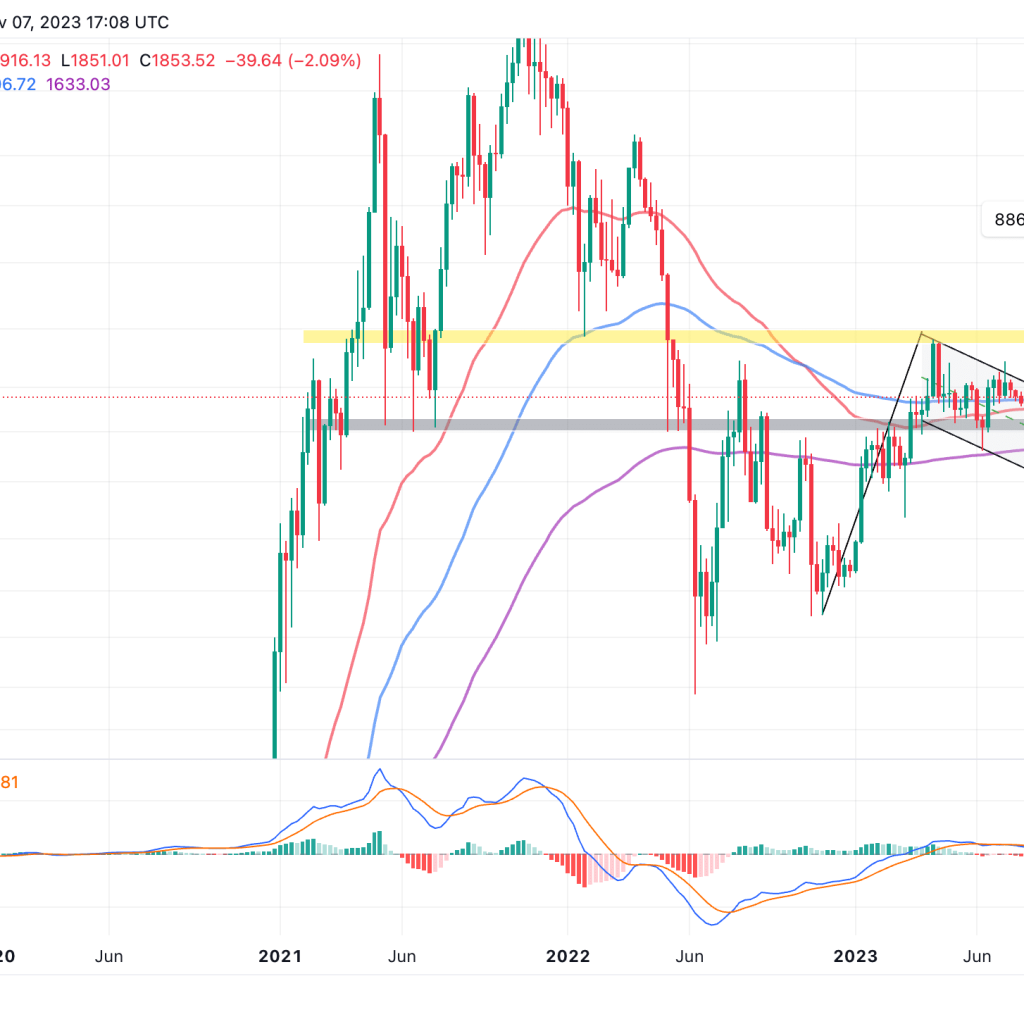Russian President Vladimir Putin has announced a bold initiative to develop a robust artificial intelligence (AI) model to rival what he perceives as “dangerous” Western technology. Speaking at an AI conference in Moscow, Putin urged the country’s tech sector to establish an advanced AI strategy independent of Western influence, citing concerns about bias in prominent models such as OpenAI’s ChatGPT and Google’s Bard chatbots.
Russia’s push for technological sovereignty
President Putin emphasized the need for Russia to assert its technological sovereignty, particularly in response to what he described as Western support for Ukraine. He asserted that AI innovations should align with Russia’s traditional values and language, emphasizing the importance of reflecting the wealth and beauty of the Russian language in technological advancements. Putin called upon not only the government but also regions, industries, and individual plants to actively participate in shaping Russia’s AI landscape.
Gazprom Neft’s utilization of AI
Highlighting practical applications of AI within Russia, Putin revealed that one of the country’s largest oil producers, Gazprom Neft, is leveraging AI to reduce the costs associated with oil well development. This example illustrates Russia’s commitment to incorporating AI into critical industries, showcasing the technology’s potential to enhance efficiency and drive economic benefits.
Strengthening research in generative AI
Addressing concerns about falling behind leading Western tools in generative AI and large language models, Putin announced plans to strengthen Russia’s research in these domains. He expressed the desire for the tech sector to enhance top AI education programs, fostering expertise in cutting-edge technologies. By investing in research and education, Russia aims to bridge the gap and compete on a global scale in the rapidly advancing field of artificial intelligence.
International perspectives on AI development
Internationally renowned British-Canadian computer scientist Geoffrey Hinton, often referred to as the “godfather of AI,” raised concerns about the potential use of AI for military and political purposes. Hinton’s remarks underscore the broader global dialogue surrounding the ethical implications of AI development and its potential applications in warfare and electoral manipulation.
Addressing bias in AI models
The announcement comes amid growing recognition of bias in AI models developed in English-speaking countries. English-speaking countries, particularly the United States and the United Kingdom, have dominated AI development. Concerns about bias have been raised, with Meta, Facebook’s parent company, acknowledging that the majority of training data for its AI language model is in English, potentially limiting its suitability for other languages. A recent study published in the journal Cell highlighted biases in AI detectors that often mislabel words by non-native English speakers as AI-generated.
Russia’s vision for AI
President Putin’s call for the development of a Russian AI to counterbalance Western technology reflects the nation’s ambition to assert technological independence. The focus on generative AI and large language models, coupled with practical applications in industries like oil production, highlights Russia’s commitment to advancing its technological landscape. As Russia navigates the evolving AI landscape, it remains to be seen how this initiative will shape the nation’s position in the global AI race and contribute to the broader discourse on ethical and unbiased AI development.





